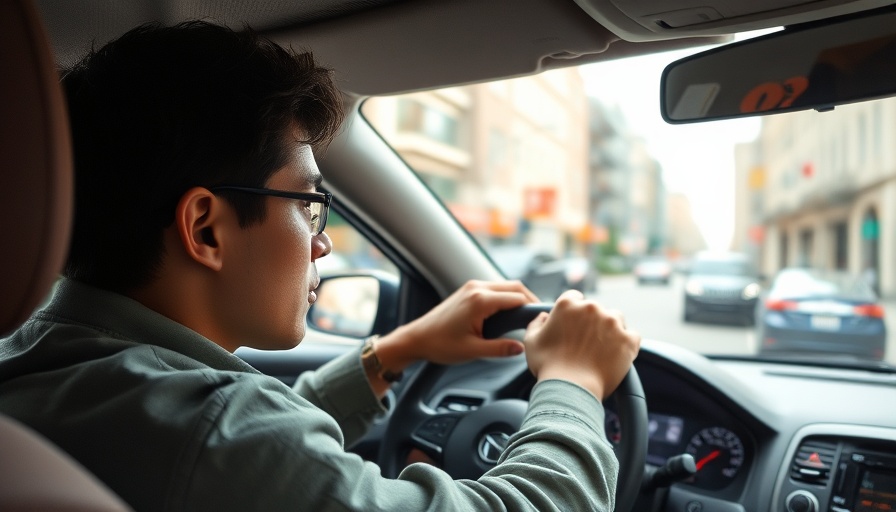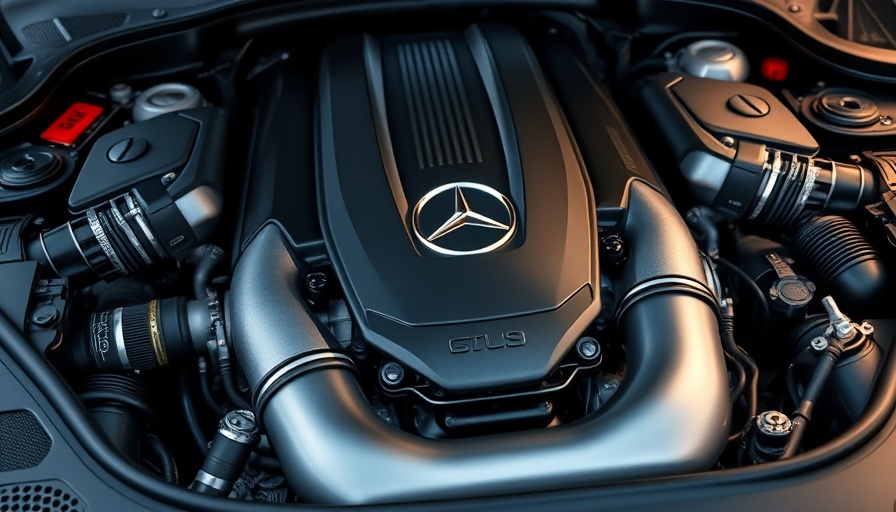
Understanding the Rise of Self-Driving Cars
As self-driving cars penetrate the automotive market, they not only bring innovation and convenience but also a set of challenges, especially when involved in accidents. With this technology, manufacturers promise enhanced safety, yet incidents can lead to confusion about who is truly responsible during a collision.
Immediate Actions Post-Collision
Immediately after an accident involving a self-driving vehicle, prioritize safety. Move to a secure location and assess for injuries — contact emergency services if needed. This is not only about personal safety but also ensures proper medical response for anyone involved in the accident.
Engaging law enforcement is crucial to generate an official report, a key document that clarifies the context of the accident and protects your interests later on. Furthermore, thorough documentation of the collision scene with photos, videos, and notes about the vehicles involved will serve as vital evidence.
Navigating Liability Complexities
Liability in accidents involving self-driving cars can be multifaceted. Those familiar with automotive policies know that traditional blame can shift based on numerous factors such as vehicle ownership and technical failures. For instance, if a vehicle equipped with semi-autonomous features was engaged in autonomous mode, the assumption might lead to a higher stake for the manufacturer if software issues played a role in the accident. This emphasizes the importance of understanding the nuances in the shift towards autonomous driving.
Legal Considerations to Keep in Mind
The evolving landscape of self-driving technology has generated a need for legal guidelines tailored to these vehicles. Given the data logs that self-driving systems maintain, courts often examine this information to dissect fault in accidents, such as failed braking systems that can lead to serious collisions.
For instance, Tesla vehicles have previously been in the spotlight due to incidents attributed to their Autopilot features, raising questions about software accountability. As technology progresses, so should our knowledge of legal ramifications associated with autonomous vehicles.
Preparing for Autonomous Driving Incidents
To effectively manage the aftermath of an accident involving a self-driving car, car owners and enthusiasts should stay informed and proactive. Familiarizing oneself with the technology and insurance policies of your vehicle can empower you to navigate challenges that arise effectively. This proactive approach not only contributes to personal safety but also enhances your understanding of the broader implications of autonomous driving.
 Add Row
Add Row  Add
Add 




 Add Row
Add Row  Add
Add 

Write A Comment